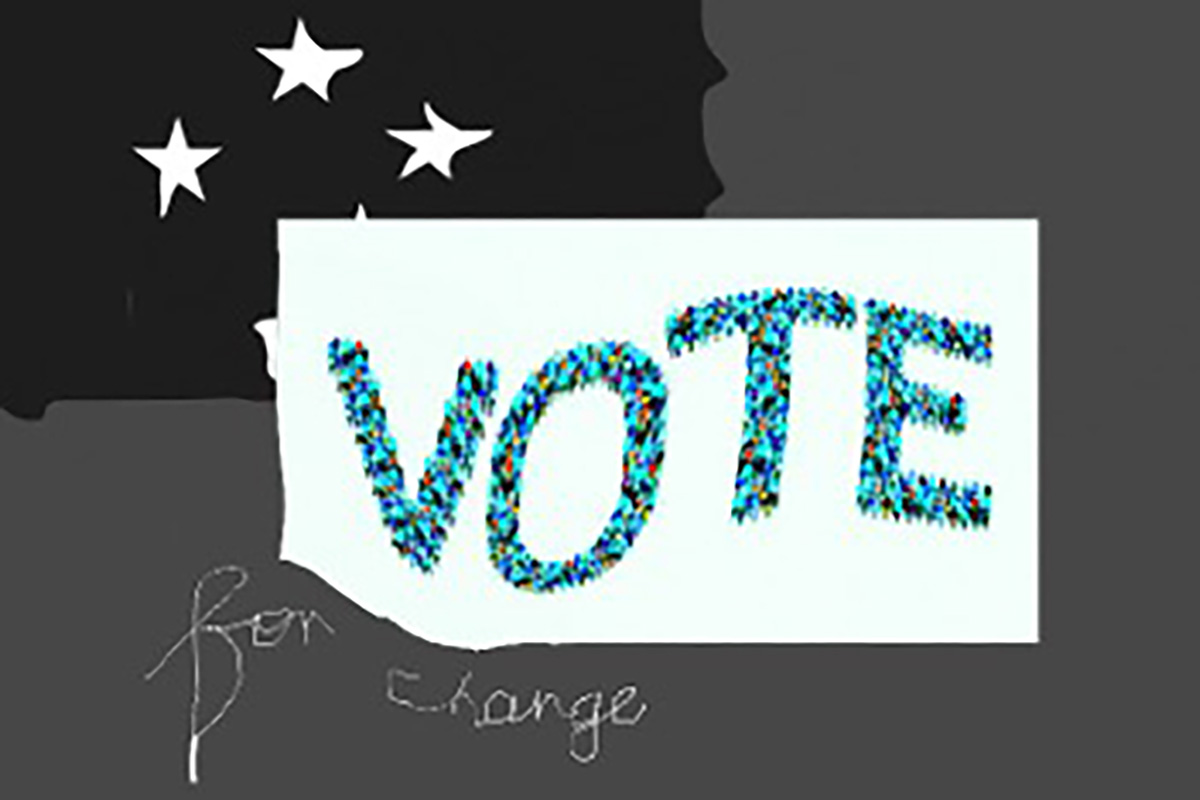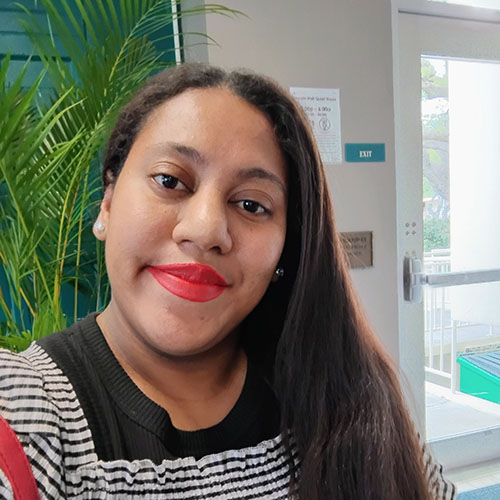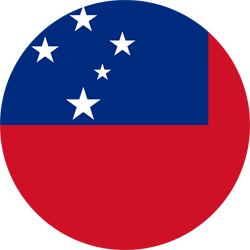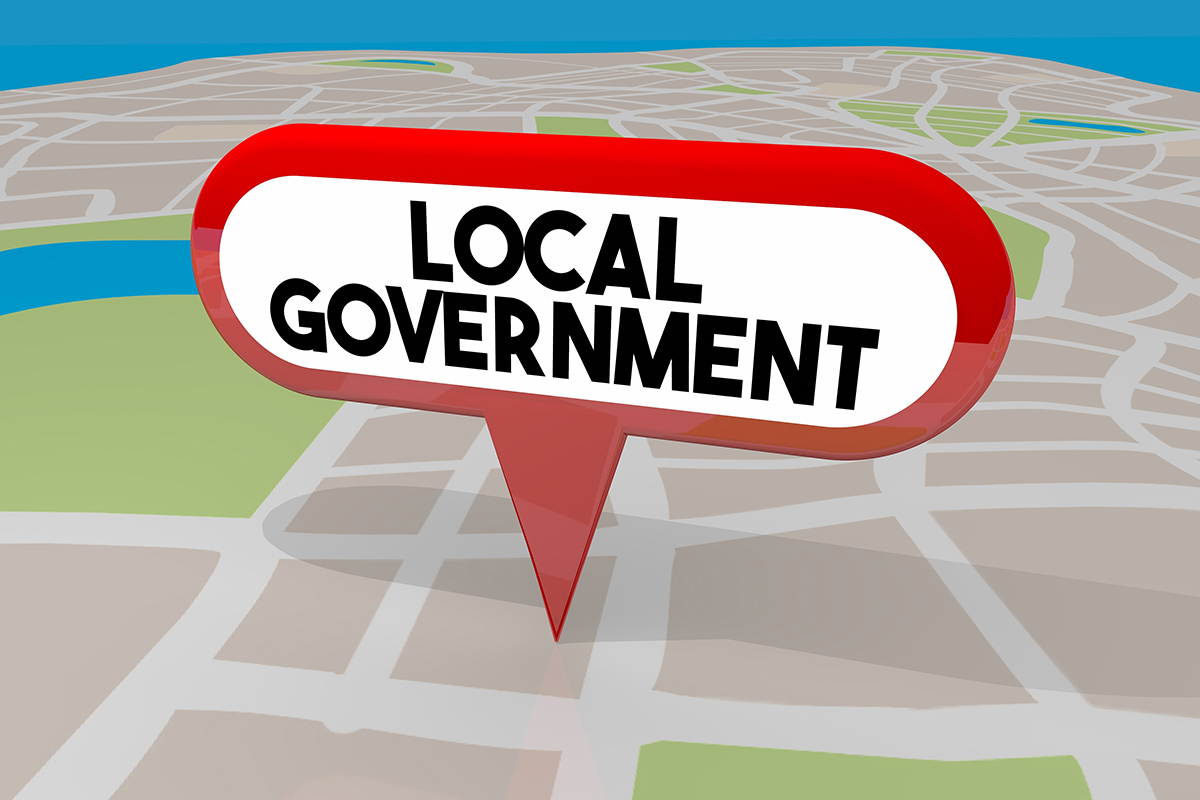Snap! It’s Election Time in Samoa
July 6by Jasmine Koria
On the 27th of May 2025, the government of the Independent State of Samoa announced to a stunned public that it had, for the first time in at least four decades, failed to pass a national budget for the new financial year. This comes after months of tense exchanges on the floor of parliament, and two (also historic for the small island nation) unsuccessful Votes of No Confidence against the now caretaker Prime Minister, Afioga Fiame Naomi Mata’aafa.
The failure to pass a budget resulted in the almost immediate dissolution of Parliament, and of course, the declaration by the country’s Head of State that Samoa is headed for a snap election. Polling has been slated for August 29, 2025. Thousands of Samoans have rushed to the Office of the Electoral Commission to register to vote. I was amongst them on a sweltering Wednesday afternoon – just 24 hours after the now TikTok and Facebook famous issue with the ‘pakeki’ (as it is called in colloquial Samoan).
Two generations of Samoans now have the dual and challenging responsibility of grappling with the complexities of the current sociopolitical and socioeconomic climate but also having the power to once again choose their leaders. They are youth in a young democracy, and at a time when a nation of only approximately 200,000 people has at least seven contending registered political parties and a host of independent candidates, that is not easy.
This year, a whole new generation of voters is eligible: those who turned 21 in the four years since the last election. I spoke to a 22-year-old woman who works at a local eatery. She has asked not to be named here because, “I’m voting for a different party than my parents.” When I asked her why she is voting for her chosen party, she said, “Well, I like how they represent women.” Midway into our conversation, a colleague of hers came by to bring a customer their food and said, “no, no. Your thinking is very limited there. It’s not supposed to be based on gender, it’s supposed to be, who can do the job. It doesn’t matter what job. But are they qualified?” When I asked his age, he said he was 20 and glad he is not old enough to vote in Samoa yet. “Also, tell them my name is Joe,” he added. He did not specify who ‘them’ were.
The Pacific Small Island Developing State of Samoa is in a volatile but arguably, not a hopeless place. For one thing, youth engagement and civic participation, both direct and indirect, have skyrocketed in the last five years. Young people are not only eager to learn about the leadership structures that govern and define their country, they also, in different ways, want to contribute to these systems and even take up leadership roles within them. There isn’t a blind, cohesive ‘sheeple’ effect over all or most of Samoa. Everyone wants ‘change’, but we do not all have the same idea of what that should look like. The diversity of parties, candidates and even new voters is an unexpectedly bright spot for the little but determined dots on the map that Samoa is. Whatever the August outcomes will be, this myriad of voices is already a win for democracy.






